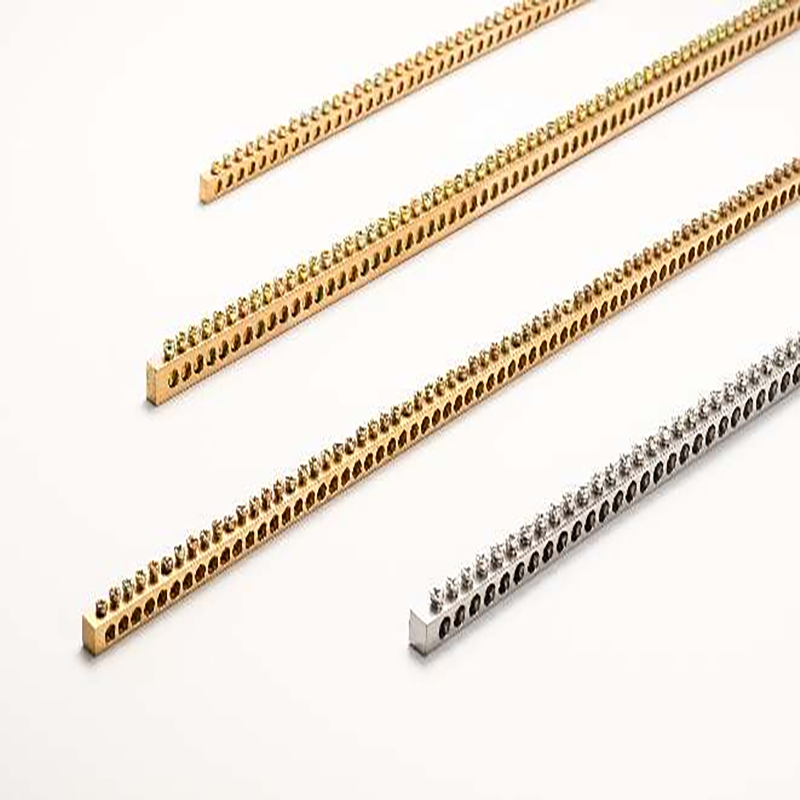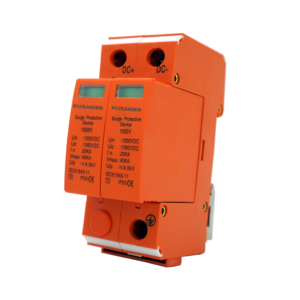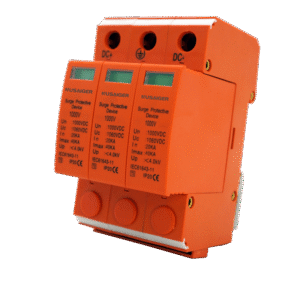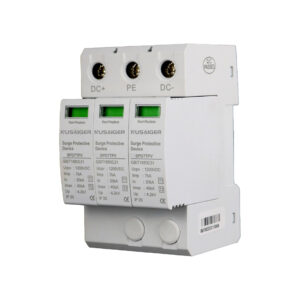Introduction
In corrosive environments like marine installations, offshore oil platforms, and solar farms, standard copper terminals may deteriorate quickly. Enter tinned copper terminals—an advanced solution designed to resist corrosion while maintaining excellent electrical performance.
What Are Tinned Copper Terminals? These are copper terminals coated with a thin layer of tin through electroplating. The tin acts as a protective barrier, preventing oxidation without compromising conductivity.
Advantages of Tinned Copper Terminals:
Corrosion Resistance – Tin prevents copper oxidation, extending the terminal’s life.
Improved Solderability – The tin layer improves adhesion in soldering applications.
Long-Term Reliability – Especially in high-humidity and salt-laden environments.
Ideal Applications:
Marine wiring (boats, docks)
Solar PV junction boxes
Offshore oil & gas equipment
Coastal telecom systems
Cost vs. Benefit Though slightly more expensive, tinned copper terminals significantly reduce downtime, rework, and failure rates in harsh environments.
Industry Standards and Certifications Look for terminals certified to:
UL 486
RoHS compliance
MIL-spec for marine and defense applications
Conclusion
Tinned copper terminals are not just an upgrade—they’re a necessity for outdoor and aggressive environments. For engineers and installers working in marine, solar, or industrial applications, these terminals offer unmatched protection and reliability.



